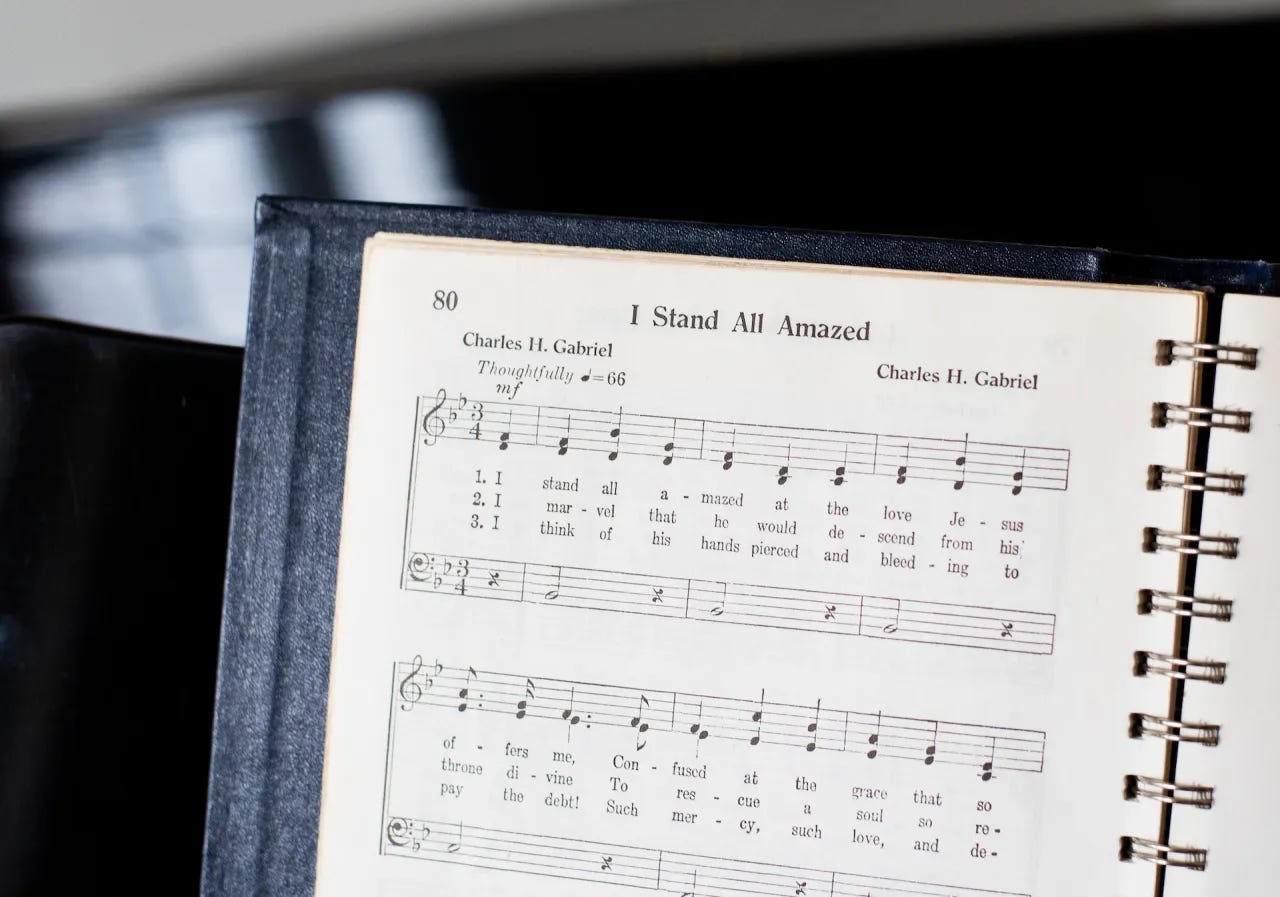Episode 130: Speaking in Sacrament Meeting | The Cynthia Edition
For ALSSI listeners, it’ll be no surprise that when Cynthia was asked to speak on the subject of atonement, she pivoted to an exploration of grace. In Episode 130, ideas from her talk inspire a conversation about the relationship between those two words, as well as salvation and healing. Do Latter-day Saints believe in grace? Or are we mostly just confused by it? As we study the New Testament together, what might change if our discussion at church shifted to focus more on the radical grace exemplified in Jesus’ ministry and teachings?
Notes & Quotes:
Christmas History: Was Jesus a Day Laborer?, LA Times, by Paul Thornton, 12/23/2017
Pastrix: The Cranky, Beautiful Faith of a Sinner Saint, by Nadia Bolz-Weber
The Laborers in the Vineyard, by Jeffrey R. Holland, April 2012
Alternative Wisdom | Part 1 - Good News About Nothing, The RobCast, by Rob Bell, Ep. 146, 06/12/2017
“This is the parable of the landowner. What makes this the kingdom of god is not the worthiness or piety or social justicey-ness, or the hard work of the laborers. None of that matters, it’s the fact that the landowner couldn’t manage to keep out of the marketplace. He goes back and back and back, interrupting lives, coming to get his people. Grace, tapping us on the shoulder.” —Nadia Bolz-Weber, Pastrix, Ch. 5
“We in the Christian world have used the word salvation which is Latin for the word solace which means healing. Salvation is the ultimate realignment, the ultimate healing.” —Richard Rohr, True Self, False Self
“We finally have in the Risen Christ the perfect icon of a god who is safe and a universe that is safe. A god who doesn’t blame. A god who is not punitive. A god who doesn’t threaten. A god who does not dominate. A god who breathes forgiveness.” —Richard Rohr, New Great Themes of Scripture
“This parable—like all parables—is not really about laborers or wages any more than the others are about sheep and goats. This is a story about God’s goodness, His patience and forgiveness, and the Atonement of the Lord Jesus Christ……It is a story about grace. It underscores the thought I heard many years ago that surely the thing God enjoys most about being God is the thrill of being merciful, especially to those who don’t expect it and often feel they don’t deserve it.” —Jeffrey R. Holland
“If the world could have been saved by bookkeeping, it would have been saved by Moses, not Jesus. The law was just fine.” —Robert Farrar Capon
“We’re not doing the law here. We’re doing grace. We’re doing gospel. And for so many people their understanding of gospel was so shaped by law and transaction that when they hear actual gospel it sounds wrong, it sounds heretical, it sounds too good to be true. Because it’s so alternative. And it’s so different. And it’s so counterintuitive.” —Rob Bell, The RobCast, Ep. 146
The Work of Christmas
When the song of the angels is stilled,
when the star in the sky is gone,
when the kings and princes are home,
when the shepherds are back with their flocks,
the work of Christmas begins:
to find the lost,
to heal the broken,
to feed the hungry,
to release the prisoner,
to rebuild the nations,
to bring peace among the people,
to make music in the heart.
—Howard Thurman
“You cannot bring a fresh, new word about human flourishing and expect the old, established systems of oppression and power to stand by passively. Or, as Jesus put it, “You can’t put new wine into old wineskins.” —Rob Bell
“We in the Christian world have used the word salvation which is Latin for the word solace which means healing. Salvation is the ultimate realignment, the ultimate healing.” —Richard Rohr, True Self, False Self



